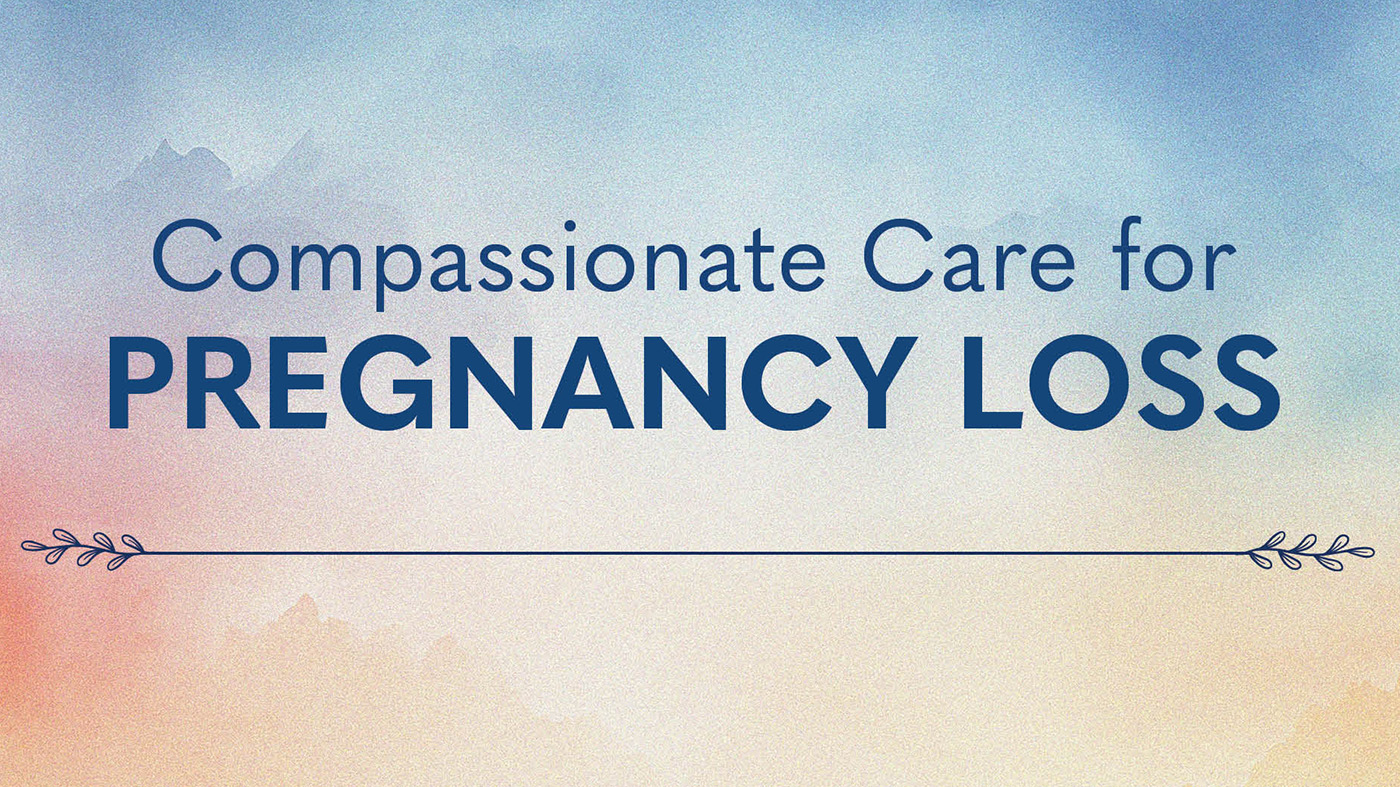Every form of pregnancy loss comes with its own circumstances and may affect each person differently. However, you’re not alone. Pregnancy loss is a common experience that many women share.
VA is here to offer compassionate care and support for pregnancy loss. From connecting you to mental health resources for emotional support to offering personalized health care to help you physically recover, we’re committed to being there for you every step of the way, no matter what your journey looks like.
Understanding pregnancy loss
Pregnancy loss can happen in various ways for a variety of reasons. This may include:
- Miscarriage: When there is a loss of a pregnancy before 20 weeks.
- Stillbirth: When there is a loss of a pregnancy after 20 weeks.
- Ectopic pregnancy: When a fertilized egg implants itself outside the uterus, such as in a fallopian tube where the growing fetus can no longer be supported and emergency medical attention is needed.
It is important to understand that pregnancy loss is not your fault. In fact, one in four pregnancies end in miscarriage. Each situation is unique and can be emotionally challenging, especially during the first trimester when it’s most common to occur.
Pregnancy loss usually occurs for reasons you have no control over, like genetic abnormalities or maternal health conditions. No matter what contributed to your loss, your VA health care team can help you understand what happened and guide you through your recovery.
Pregnancy loss and your health
It’s crucial to know that whatever you’re feeling, it’s okay. Whether you’re overwhelmed or feeling detached, numb, angry, depressed or anything in between, your emotions are valid. There’s no right or wrong way to process what you’re going through. Pregnancy loss can cause complex emotions. Coping with the loss and managing relationships during this time can also be difficult.
Pregnancy loss often comes with significant distress and mental health challenges (including posttraumatic stress disorder) that may warrant professional mental health care.
Beyond the emotional toll, pregnancy loss may be associated with a range of other symptoms. Symptoms like abdominal pain, bleeding and fatigue can come up, along with mood swings, breast tenderness and changes in appetite due to hormonal shifts. Interventions, like procedures or medication, may also come with their own set of physical side effects.
Remember, each experience affects each person differently, so it is important to allow yourself to feel your emotions and seek support and health care as needed.
VA’s pregnancy loss resources
VA understands that your experience with pregnancy loss is unique. We will create a plan and treatment solutions tailored to you. From maternity, reproductive and mental health care to chaplain services, family building, infertility support and beyond, we’re here for you. You have support from VA, including gynecologists, mental health care specialists, chaplains, support groups, maternity care coordinators, primary care providers and Women Veteran Program managers.
Contact your maternity care coordinator to help you understand your coverage and options, connect you to resources and address any questions you may have. Additionally, your local Women Veterans Program manager can assist you in accessing care.
Call the Women Veterans Call Center at 1-855-VA-WOMEN to connect with pregnancy loss support and treatment, and visit the Women’s Health Pregnancy Loss page for more information.
If you’re in crisis or concerned about a Veteran, contact the Veterans Crisis Line to receive 24/7 confidential support. You don’t have to be enrolled in VA benefits or health care to connect. Dial 988 then press 1, chat online, or text 838255.
Topics in this story
More Stories
Dorothy “Pat” Rudd, 103, World War II Navy Veteran, has lived a life of service, pioneering the way for women in the military.
VA employees help return WWII items to two brothers’ families. Both brothers were WWII Veterans.
The Veterans self-check assessment takes about 10 minutes to complete and has resources that can help if stress and depression are affecting you.






Disenfranchised Grief – a powerful term to help name the type of grief that all too often is experienced around reproductive loss. Family, friends, health care providers, workplaces and society in general are often still too uncomfortable to openly acknowledge and freely talk about reproductive losses. It is therefore great to see updates like this one. As we all talk more openly about these all too frequently experienced issues, more interest in research around them also happens. With more research we are learning very important things, including that these types of experiences can significantly increase our risks for developing physical conditions especially related to heart disease. Many forms of pregnancy loss or “adverse pregnancy outcomes” we now know would benefit from early (postpartum) proactive preventive cardiology considerations. Learn more from the American Heart Association – https://www.ahajournals.org/doi/10.1161/CIR.0000000000001212
I sure wish I had this when I lost my child while on active duty. I had no one to help me through it. My spouse was sent to school within weeks of finding out I was pregnant and then me losing the baby.